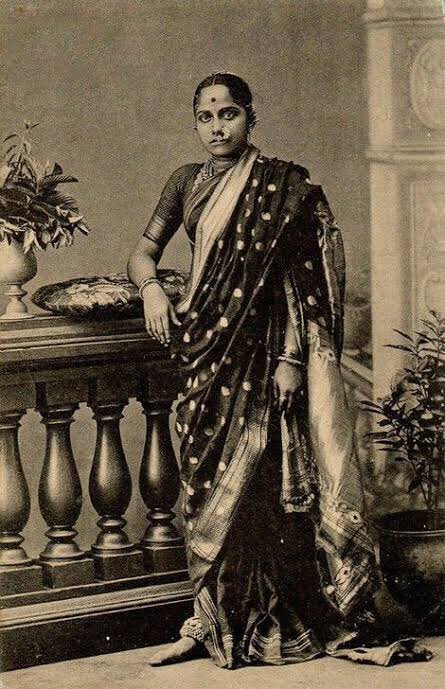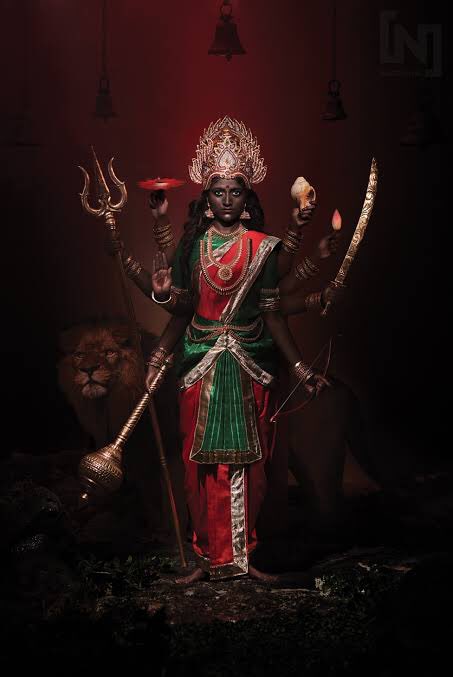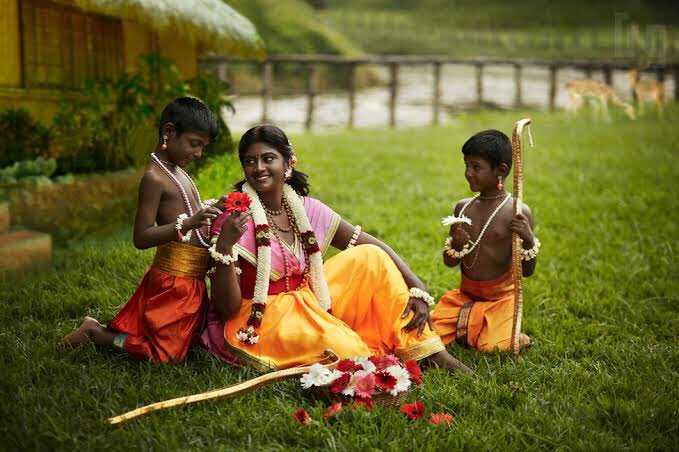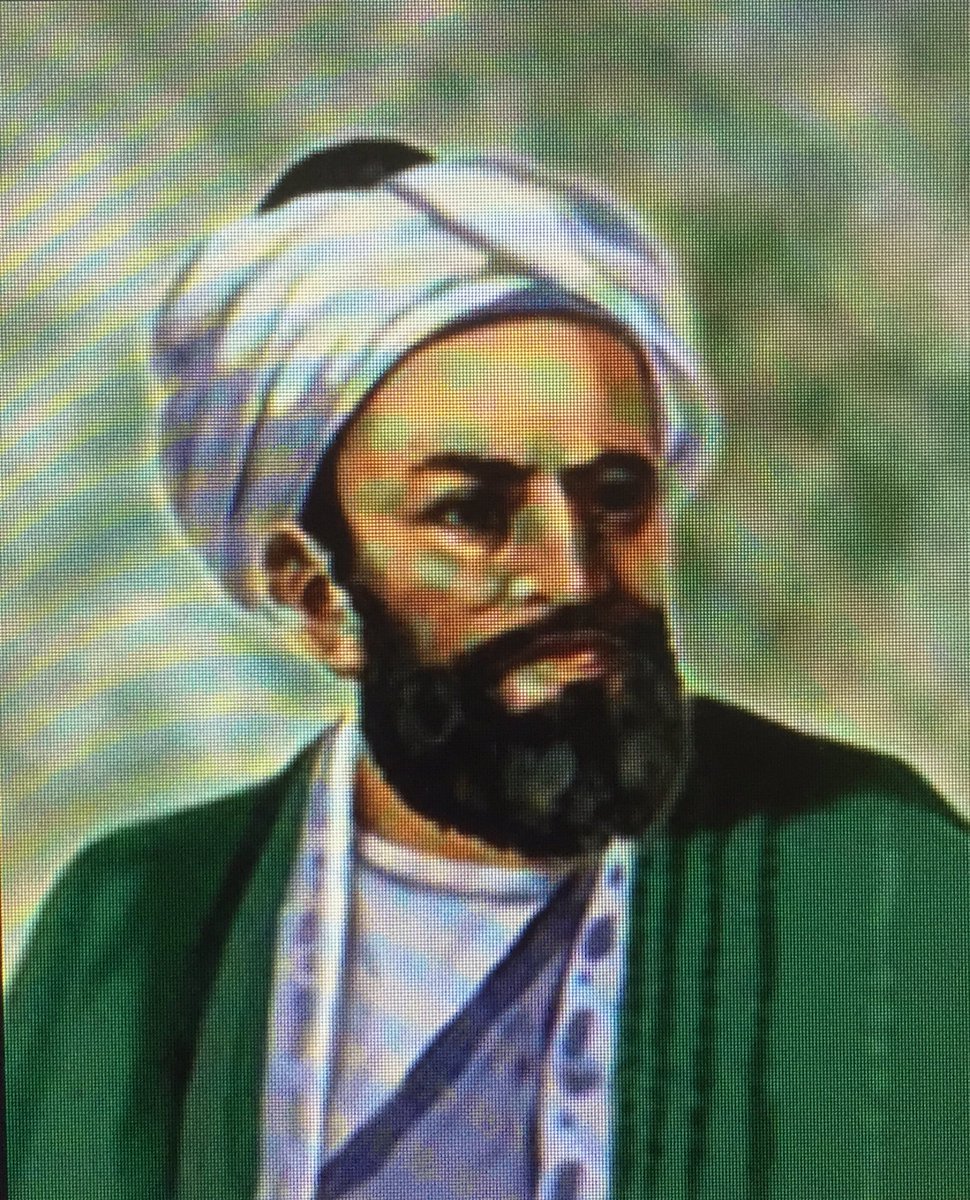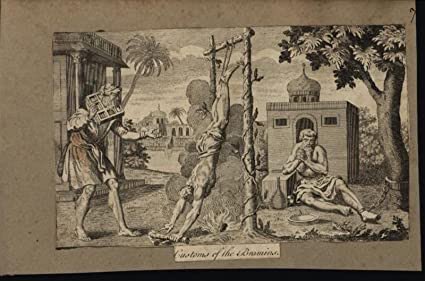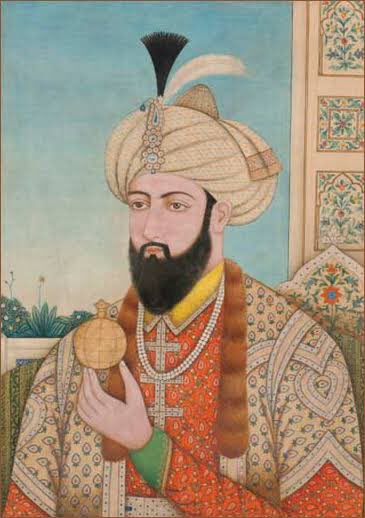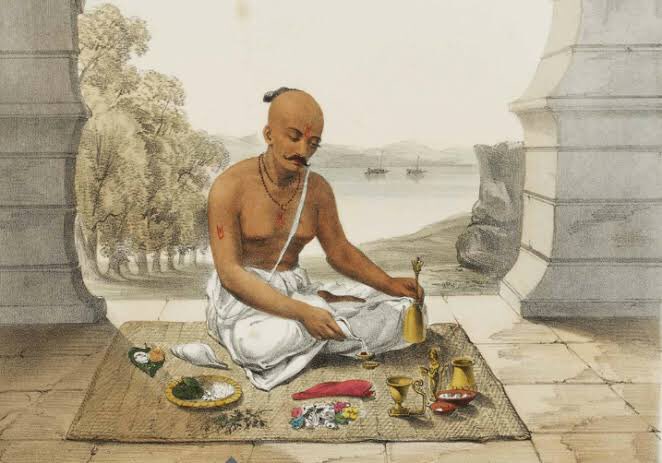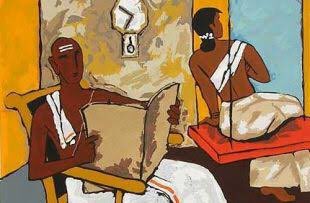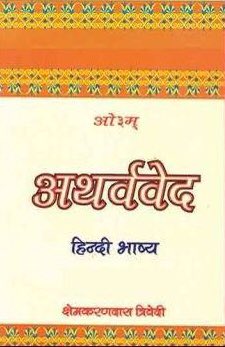
Mini-#Thread on the austere lifestyle & spiritual capabilities of Wise Brahmins of India as recorded by Apollonius of Tyana (15-100 CE), the legendary Greek philosopher & famous anti-Christ whose works have reached us thru Romans like Philostratus & his Greek disciple like Damis. 


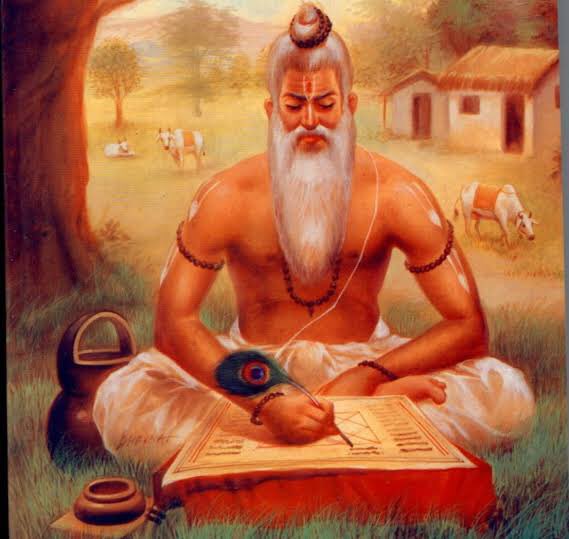
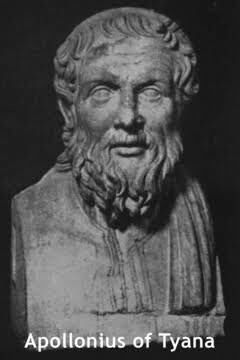

As per Apollonius, based on his visits to India in beginning of CE, 👇#Hindu #sanatandharma #brahmin #brahman #sage #Dharma #History
“The Wise Men’s (Brahmins) nature and their way of life on the hill are described by Apollonius himself, since in one of his addresses to the Egyptians he says, ‘I saw the Indian Brahmans living on the earth and not on it... 

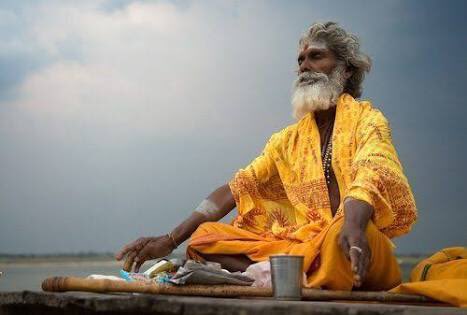
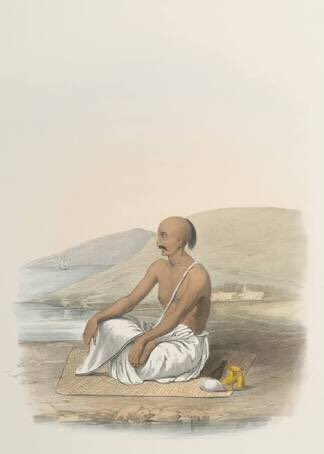
This is his rather philosophical account: Damis says that they sleep on the earth, but the earth makes a bed for them of any kind of grass they choose. He also says he saw them levitating as much as three feet from the ground, 



not for ostentation, since that kind of vanity is foreign to them, but because all the rites they perform to the Sun they do above the earth like him, considering this practice appropriate for the god.” 







Brahmans of those times were truly by quality and spiritual knowledge. It’s unfortunate that thousands of years of foreign rule and leftist education has destroyed the spirituality mostly, among even those class who were regarded as the most noble of all in the Hindu society.
Source and Credit :
1)THE INDIA THEY SAW (VOL-1) by Dr. SANDHYA JAIN
2)Life of Apollonius by Philostratus, translated by C.P. Jones (Penguin, 1970).
1)THE INDIA THEY SAW (VOL-1) by Dr. SANDHYA JAIN
2)Life of Apollonius by Philostratus, translated by C.P. Jones (Penguin, 1970).
@AartiAuthor @harshasherni @PragTi09 @Angriy_BiRd @Ms_Poojaraj @mamatarsingh @DharmaSthapana_ @Itishree001 @JyotiKarma7 @Mahender_Chem @DeshBhaktReva @Savage_shree @VaruKrutika @dhingramahima9 @apparrnnaa @i__Mystic @Shailesh_2017 @shradhasumanrai @VedicWisdom1 👆
@BhagwaDhvaj @Mishra_jiiiii @sucharita_sj @jammed_circuit @MishraMedhavi @manusmriti3010 @Skyownsme @Factualpwrcrown @LevinaNeythiri @unheardvoice07 @DeshBhaktReva @Ghani_Bewdi @CoreDharma @ulhascs79 @thegoldenjhumka @jammed_circuit @drmoghes @Sampoorn10 @ProfVemsani 👆
@SVOjha @VipashaRanjan @RudraaShiv @mamatarsingh @wanysharma @anita_gupte @raj_010101 @balajidesigr @AntiTrads @BahuRaani @VidyaSanatani 👆
• • •
Missing some Tweet in this thread? You can try to
force a refresh






